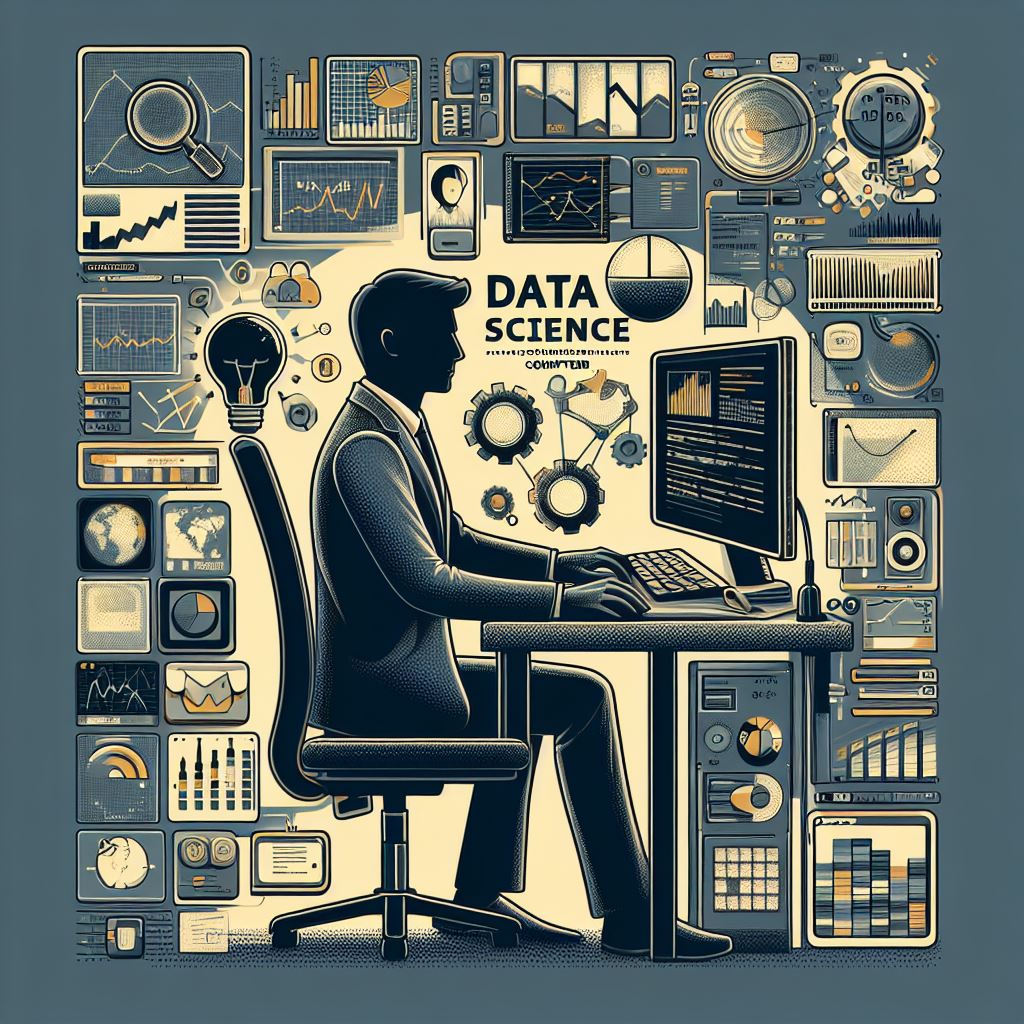In today’s data-driven world, businesses are continuously seeking ways to harness the power of data to drive decision-making and improve operations. One of the most essential combinations in modern analytics is Data Science and SQL (Structured Query Language). Together, these tools enable organizations to extract meaningful insights from large datasets, streamline business processes, and enhance performance.
Data Science and SQL: A Perfect Pairing
Data Science involves the use of various techniques, algorithms, and models to analyze large datasets and derive actionable insights. On the other hand, SQL is a domain-specific language used to manage and query relational databases. SQL allows data professionals to efficiently retrieve and manipulate data, making it an invaluable tool in the Data Science workflow.
While Data Science often relies on advanced machine learning and statistical methods, SQL remains the backbone for data storage, retrieval, and manipulation. When working with structured data, SQL enables Data Scientists to extract the necessary data from databases in an optimized way, ensuring that their models and analyses are based on accurate, real-time information .
SQL’s Role in Data Science
SQL plays a crucial role in Data Science by providing a simple yet powerful way to interact with data stored in relational databases. The ability to run complex queries on vast amounts of data can make or break a data project. SQL allows professionals to:
Filter and Aggregate Data: Using SQL’s filtering and aggregation capabilities, Data Scientists can quickly reduce large datasets to only the most relevant information. This step is essential for cleaning and preprocessing data before it’s fed into a model.
Join Data Across Multiple Tables: SQL’s JOIN operations allow Data Scientists to merge data from various tables into a single dataset. This is critical when working with relational databases, where different types of data are often stored in separate tables.
Ensure Data Quality: Data quality is paramount in Data Science. SQL can be used to identify and clean missing or incorrect values, ensuring that analyses are based on reliable data.
Efficient Data Retrieval: SQL queries are optimized for speed, which means Data Scientists can retrieve large datasets with minimal wait time, crucial for working with big data in real-time analytics.
Data Transformation and Analysis: SQL is also capable of performing certain calculations, transformations, and basic statistical analysis directly within the database, which can save time and resources before any further modeling or analysis is done.
SQL Queries for Data Science
To highlight how SQL can be used in Data Science, let’s look at a few common SQL queries that can help analyze data:
SELECT Statements: These are used to retrieve data from one or more tables. Example:
SELECT customer_id, purchase_amount FROM sales_data WHERE purchase_date > ‘2023-01-01’;
JOINs: These are used to combine data from different tables based on a related column. Example:
SELECT customers.customer_name, sales.purchase_amount FROM customers JOIN sales ON customers.customer_id = sales.customer_id;
GROUP BY and Aggregation: These queries group data based on a certain condition and perform aggregation operations. Example:
SELECT product_id, SUM(sales_amount) FROM sales GROUP BY product_id;
Subqueries: These are used to perform complex queries within a query. Example:
SELECT * FROM sales WHERE product_id IN (SELECT product_id FROM inventory WHERE stock > 100);
Why SQL Skills Are Essential for Data Scientists
Mastering SQL is essential for Data Scientists, as it serves as the bridge between raw data and advanced analytical models. While machine learning and data visualization tools provide the sophisticated analysis needed to derive insights, SQL ensures that the right data is selected, cleaned, and prepared in the most efficient manner.
Furthermore, the vast majority of data today is still stored in relational databases, making SQL skills an essential asset for any Data Scientist. Whether you’re analyzing sales data, customer behavior, or operational performance, SQL provides the foundation for accessing, transforming, and working with the data needed to build robust models.
Conclusion
Data Science and SQL are two powerful tools that complement each other to unlock valuable business insights. SQL allows Data Scientists to access, manipulate, and analyze structured data with efficiency and precision, while Data Science provides the methodologies to convert that data into actionable business intelligence. For anyone pursuing a career in Data Science, mastering SQL is an indispensable skill that will open doors to a wealth of opportunities.
